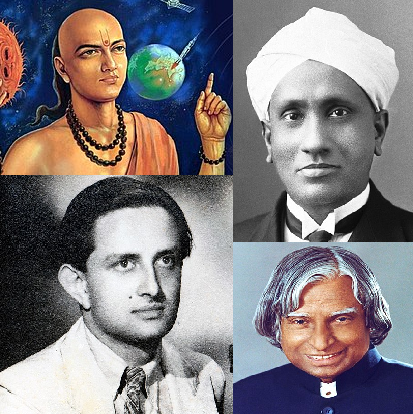India’s Rise as a Scientific Powerhouse:
India’s ascent as a scientific powerhouse can be attributed to several key factors. Significant investments in research and development by both the public and private sectors have played a pivotal role. The Indian government has consistently increased spending on science-related departments, while large domestic companies have built extensive in-house research centers employing thousands of scientists and engineers. Moreover, India’s large talent pool of low-cost highly-skilled scientists and engineers has been a major advantage, with reverse brain drain and international research organizations establishing new centers in India to tap into this talent.
The Role of Education and Collaboration:
Government initiatives promoting STEM education at the school and college level have played a vital role in nurturing a new generation of scientists. Additionally, collaborations between Indian and foreign academic institutions have accelerated scientific progress, facilitating cross-pollination of ideas and participation in major international projects.
Achievements in Space Exploration and Technology:
India’s space program, led by the Indian Space Research Organisation (ISRO), has achieved numerous milestones, including the successful launch of the Mars Orbiter Mission and the Chandrayaan missions. India’s satellite technology has enabled the country to provide affordable and reliable communication, navigation, and Earth observation services to its citizens and the world. Notably, India achieved its first soft landing on an extraterrestrial body with ISRO’s Chandrayaan-3, becoming the first nation to successfully land a spacecraft near the lunar south pole. Furthermore, India successfully launched its first sun probe, the Aditya-L1, aboard a PSLV, to study the sun’s corona and its impact on the solar wind.
Contributions to Medical Research and Vaccine Development:
India has been at the forefront of developing affordable and innovative healthcare solutions, particularly in the area of pharmaceuticals and biotechnology. The country is known for its expertise in generic drug manufacturing, providing cost-effective medications to millions of people around the world. Additionally, India played a crucial role in the global fight against the COVID-19 pandemic by developing and manufacturing vaccines, such as Covaxin and Covishield, which have been instrumental in controlling the spread of the virus both domestically and internationally.
Contributions to Renewable Energy and Sustainable Development:
India has emerged as a leader in the field of renewable energy and sustainable development, making substantial investments in solar and wind energy to combat climate change. The country has set ambitious targets for renewable energy capacity and has been actively involved in global initiatives to promote clean energy and reduce carbon emissions.
Future Ambitions and Global Impact:
Looking ahead, India aims to play a more prominent global role in scientific fields like quantum technology, artificial intelligence, advanced materials, and nanotechnology. The country seeks to become self-reliant in strategic technologies through initiatives like Make in India. Continued government support, increased private investment, and a focus on research and development are expected to propel India’s scientific advancements and further solidify its position as a global scientific powerhouse.



